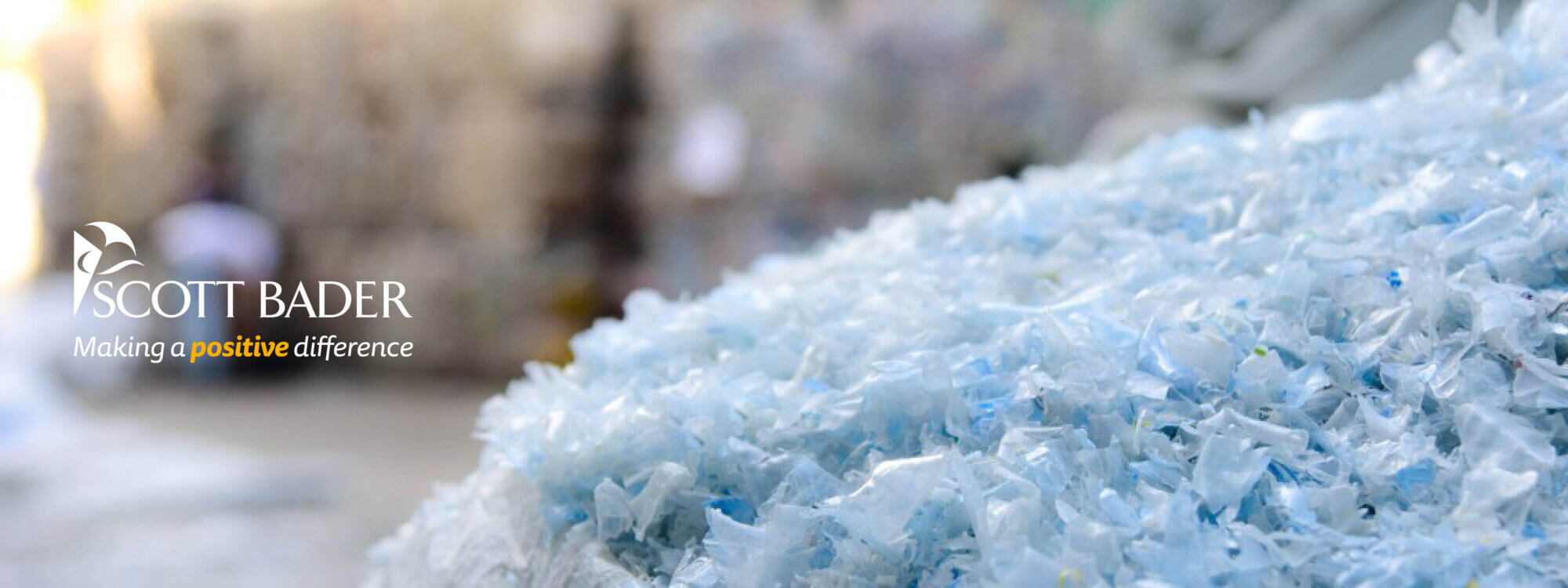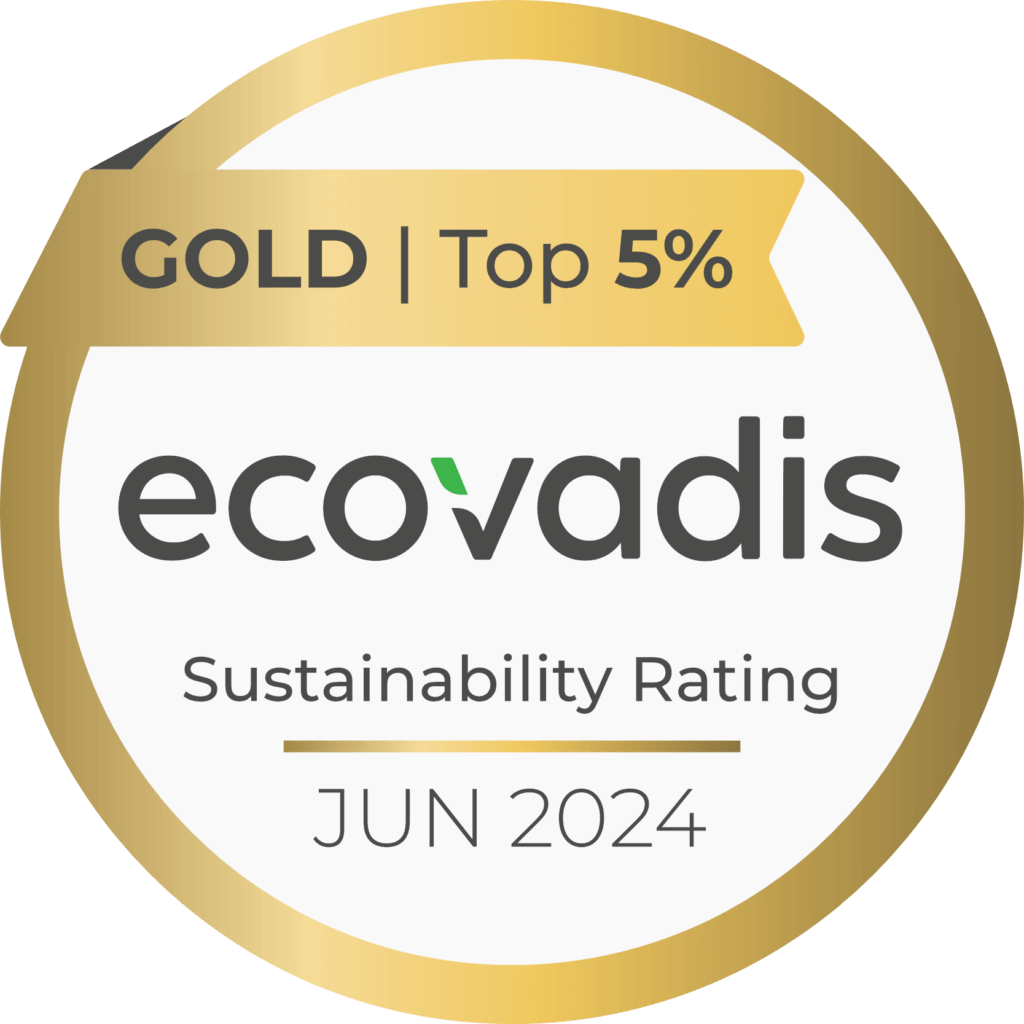 Pioneering the circular economy
Pioneering the circular economy
Our commitment is to reduce our impact on the planet throughout our supply chain, from raw materials through manufacturing and beyond – and consider the end-of-life of items made with our products.
We continually review our product formulations, working in partnership with customers to find ways of addressing end-of-life impact, and have a growing portfolio of sustainable products. At the same time, we also review all raw materials for opportunities to avoid human and environmental hazards. One success is that we have completely eliminated the use of ethylene oxide in our products.
Our 2036 vision is for raw materials is to be sourced from recovered, recycled materials or by-products, with fresh input streams coming from renewable, plant-based sources, where this can be shown to be the lowest impact option. Acting beyond compliance also means reducing the risk of harm to our suppliers and customers by selecting the safest possible technologies and providing advice on their appropriate, avoiding the use of hazardous products where possible.
To make a bigger positive difference across the whole composites industry in the UK our New Technology Manager, Steven Brown, sits on the Composites UK Board as Sustainability Director, chairing the Sustainable Composites Group.
Circular economy study by Composites UK
Together, in 2018, Scott Bader and Composites UK co-authored a circular economy study, and in 2019 brought together 31 professionals from across the composites supply chain to develop a vision and roadmap for sustainable composites.
Composites are enablers of a circular economy and Scott Bader is actively contributing to industry studies on Life Cycle Analysis (LCA) for composite products and value chains, and on potential Circular Economy models for composites products. We work with LCA practitioners to measure, report on and reduce the carbon footprint of our resins and adhesives driving evidence-based decisions on how to make positive changes. We are engaged in active research programmes to address end-of-life options for composites, which include repair systems, de-bondable structural adhesives and reversible thermoset resins.
We are also part of CEFIC, the European Chemical Industry Council’s subcommittee on Wind Energy and the IACMI-ACMA Recycling Project in the United States, focused on collective responsibility for manufacturers’ end-of-life for products. Through our participation in these bodies, we help create policy and aim to be ahead of legislative issues.
Research, development and innovation
Innovation is at the heart of Scott Bader, embedded in our Constitution through our Code of Practice and Guiding Principles. With key capabilities in Polymer Synthesis & Development, Measurement Science (Analytical Chemistry & Materials Testing), and Formulation Materials Development, research and development is how we work towards a more sustainable future.
Looking forward
Our ambitions extend beyond carbon neutrality, and we aim to become a net zero company, where all emissions from our presence are balanced by the absorption of an equivalent amount from the atmosphere. Our Scope 3 emissions will include everything that occurs upstream and downstream from our operations including the choices we make with respect to the materials we buy, the products we make and the markets we serve.
Scott Bader operates globally, and as our presence extends into new regions, diverse markets and with novel technologies, it is of essential importance that we ensure our products and processes align with all local and global chemical regulatory environments. Five out of six of our manufacturing sites are ISO14001 certified for our environmental management systems, and we aspire to have all six sites audited and certified within the next year.


